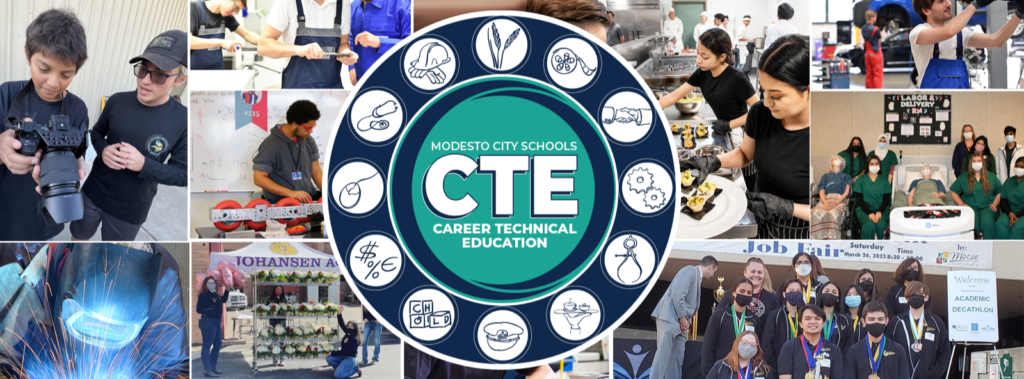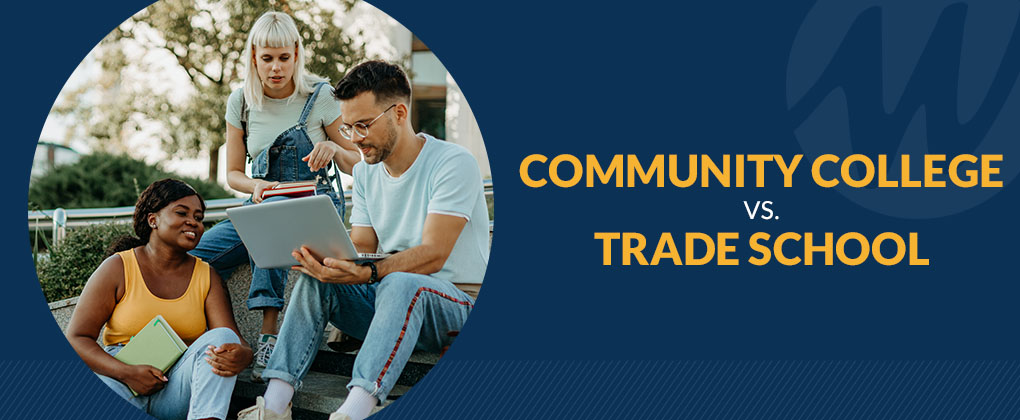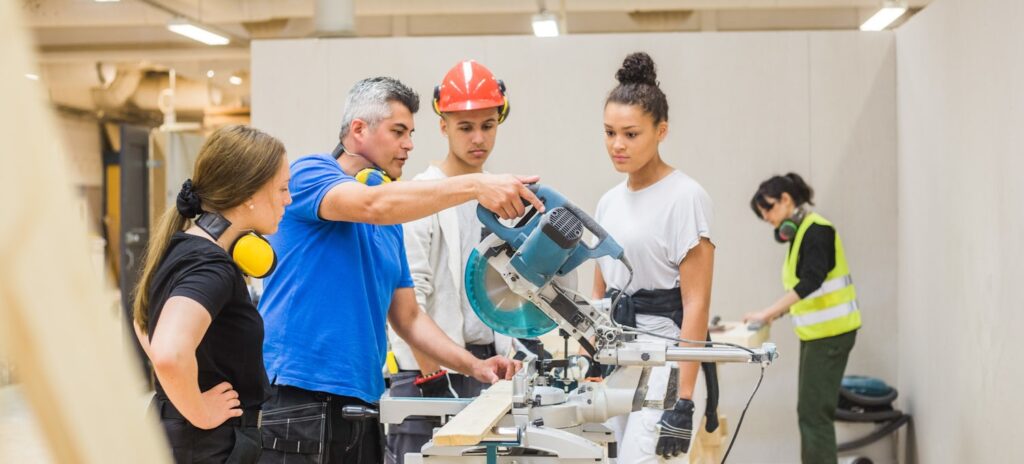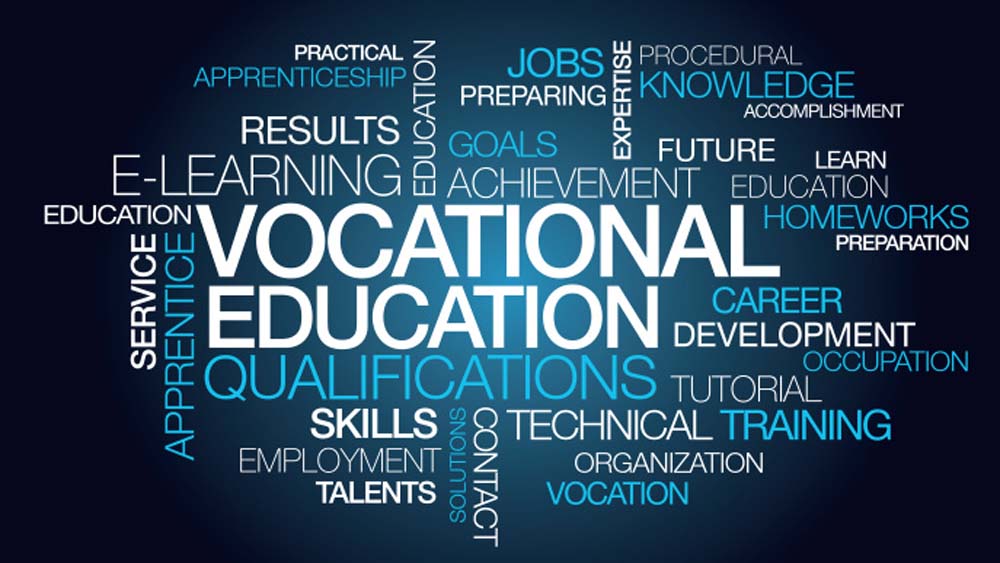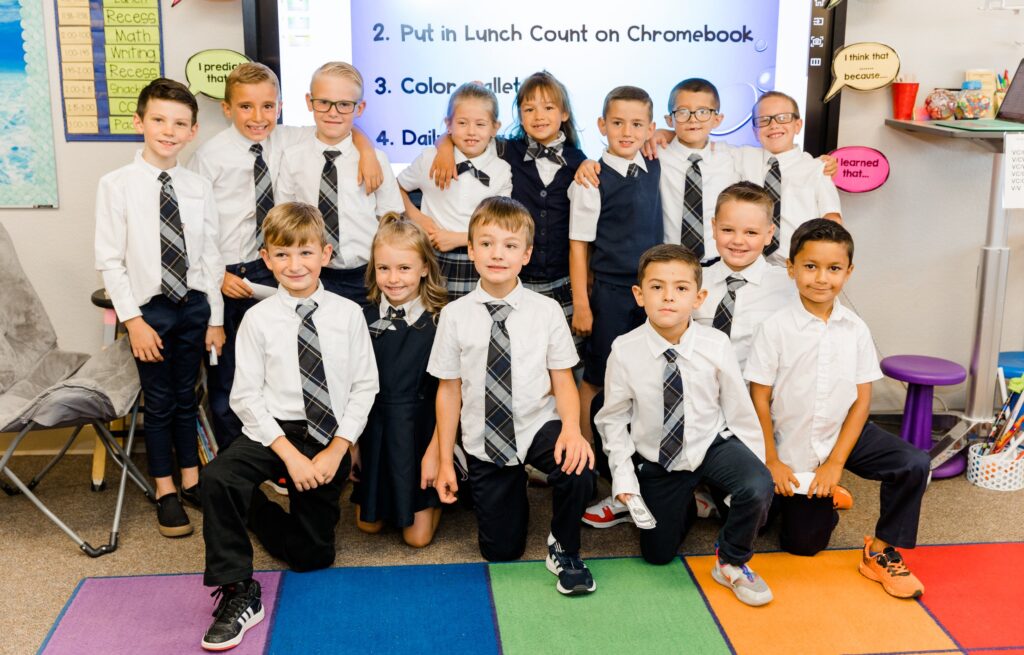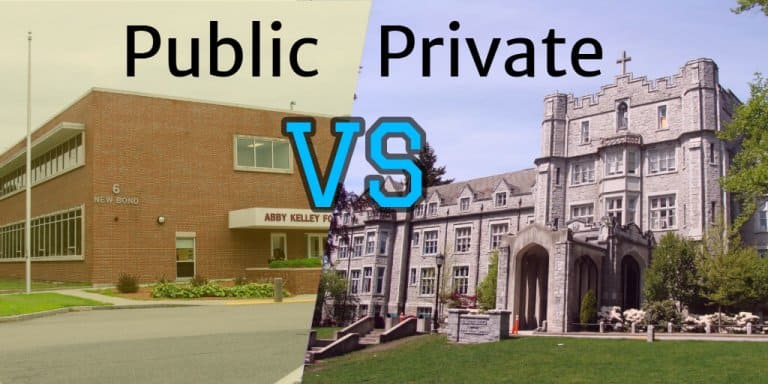Bachelor’s Degree in the USA: Structure, Credits, and Duration Explained
A bachelor’s degree is a fundamental academic qualification that opens the door to various career opportunities in the United States. Whether you’re planning to attend a prestigious university, a public college, or a community college, understanding how a bachelor’s degree is structured, the credit requirements, and its duration can help you make informed decisions about […]
Bachelor’s Degree in the USA: Structure, Credits, and Duration Explained Read More »


